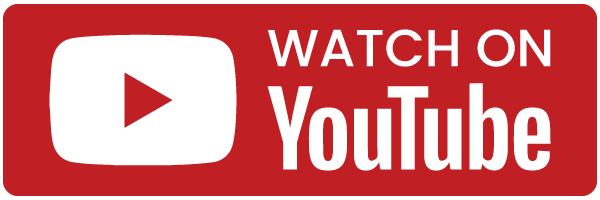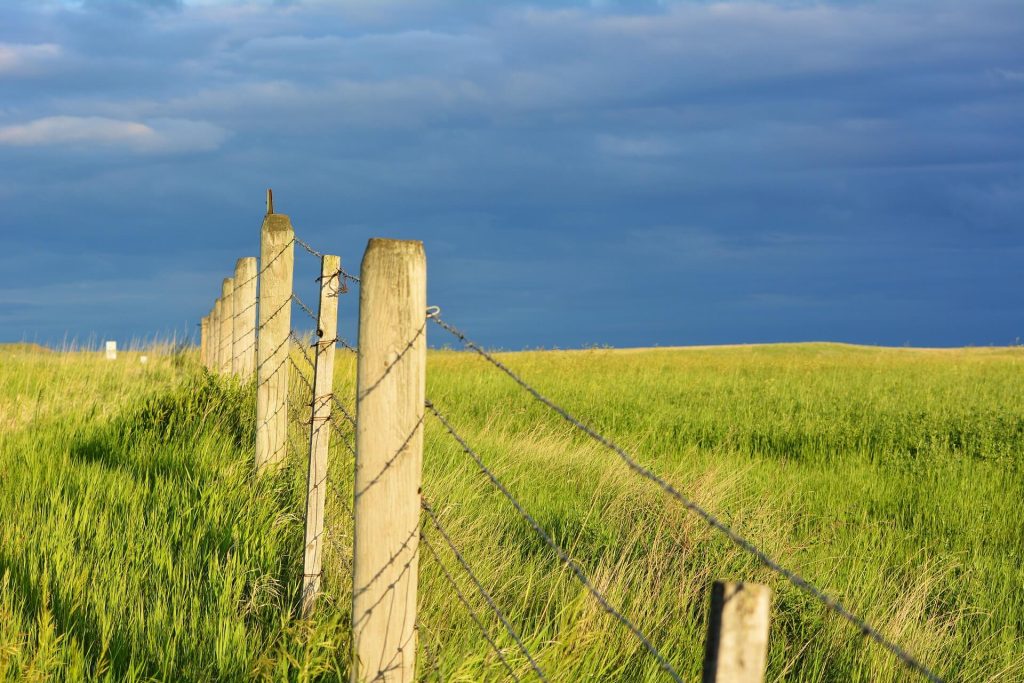Over the past few years, we’ve seen people start to buy land as an investment in real estate.
When most people think of buying land as an investment, they think of buying large plots or acreages suitable for farming, but there is another, much easier option.
Today, I’m going to share with you why you should buy recreational land.
Contents:
Why Recreational Land?
Keep It Recreational
Check The Quality Of The Land
Conclusion
Why Recreational Land
When you’re buying any large piece of property, most of the value comes from the land itself. This makes sense to me because when I think about why people buy land, often it’s because they want their own place where they can hike, fish, hunt, or take out their ATVs.
Land is also very lucrative for families. Consider a family who wants to take a weekend trip to get outside. If the family owns land, they don’t have to go to a camping ground or national park. They get to enjoy their private property and spend time outside as a family without worrying about other vacationers.
What’s great about buying and selling recreational land is the value is in the land itself. You don’t need to do anything to it. Most of the activities that people are looking for only require the land itself.
Compare this to another real estate investment opportunity like flipping a house. When you flip a house, there are usually a large number of improvements that need to be made that take time and money to do. With recreational land, there are no real improvements that need to be made.
An investment that you don’t really need to make any improvements to? Sign me up.
Another great benefit to owning recreational land is there are not a lot of recurring costs each year. Of course, the initial purchase can be kind of expensive, depending on the size of the land, but after that, you probably won’t have to pay too much to keep the land.
There are also a lot of ways to get tax breaks on your land. That is absolutely something worth looking into.
keep it recreational
If you’re interested in purchasing recreational land, there are a couple of things that you need to know.
First, recreational land is a specific type of zoning so it comes with certain regulations. If you want to build on your recreational land, that’s great and more than allowed. Just keep in mind that if the land becomes productive in any way, it may no longer qualify as recreational land. For instance, many large properties of land are zoned as farmland because they produce food in some way.
If you want your land to be zoned as recreational land, you must keep it recreational, not productive.
The one potential exception is hunting or fishing leases. Even if it is profitable for you in some way, the land itself is still considered recreational because the primary use for the land is hunting which is considered a recreational activity.
check the quality of the land
Second, in addition to finding the right type of land (recreational vs farmland), you should look at the quality of the land itself. This is especially true if you are looking for hunting land.
If you’re looking for hunting land, look for things that animals would usually look for, such as rivers or another body of water of some kind. If you find one, try to figure out if it looks like it will be around for a while or if it will dry up quickly over time.
I’ve seen people buy hunting land only to find that animals don’t come to their land, but through their land to get something else. If you really want to find action on your land, look for things that animals come to.
conclusion
Jack Lysenby is our local land expert at Tom’s Texas Realty. If you are interested in buying land in the Dallas or Fort Worth area or you just have questions about what that might look like, don’t hesitate to reach out. He would love to help you out.
If you would like to buy or sell a property in the Dallas-Fort Worth area, please call the number on our site. We would love to help you find your dream home.
Follow us on social media to stay up to date with all of our content, including clips from our weekly podcast where we talk about everything real estate, investing, and Dallas-Fort Worth.


